
When to Say I Love You — Psychologist Advises on Saying the Intimate Words to Your Partner
We all want to love and be loved and to experience that wonderful moment when we declare our love for the first time, but getting the timing right may be tricky.
We grow up believing that those three little words "I love you" are the magical "Open Sesame" that will transport us into a future of endless romance and happiness. But, as psychologists point out, many say them to the wrong person, for the wrong reasons, and at the wrong time.
So when and to whom should we declare our love? First, our expert, Maryna Dvornyk, a psychologist with a Ph.D. in Social Psychology advises, be sure that what you feel is really love and that the other person is ready to hear it.
In the honeymoon phase of a relationship, we are much more likely to blurt out the "I love you," but also to overlook all those unpleasant reminders that we are not compatible

Dr, Maryna Dvornyk, a psychologist with a Ph.D. in Social Psychology | Source: Dr, Maryna Dvornyk
SAYING SOMETHING STUPID LIKE "I LOVE YOU"
We are lonely, we are all looking for love, our other half, but time and again we (men and women) end up alone when someone we thought was "The One" inexplicably leaves.
Time and again men and women wreck promising relationships by jumping the gun, saying the "I love you" too soon before the other person is ready to commit. Like that old Sinatra song "Stupid" points out, blurting out those three little words can frighten the prospective partner, making us seem needy and desperate -- not an attractive look.
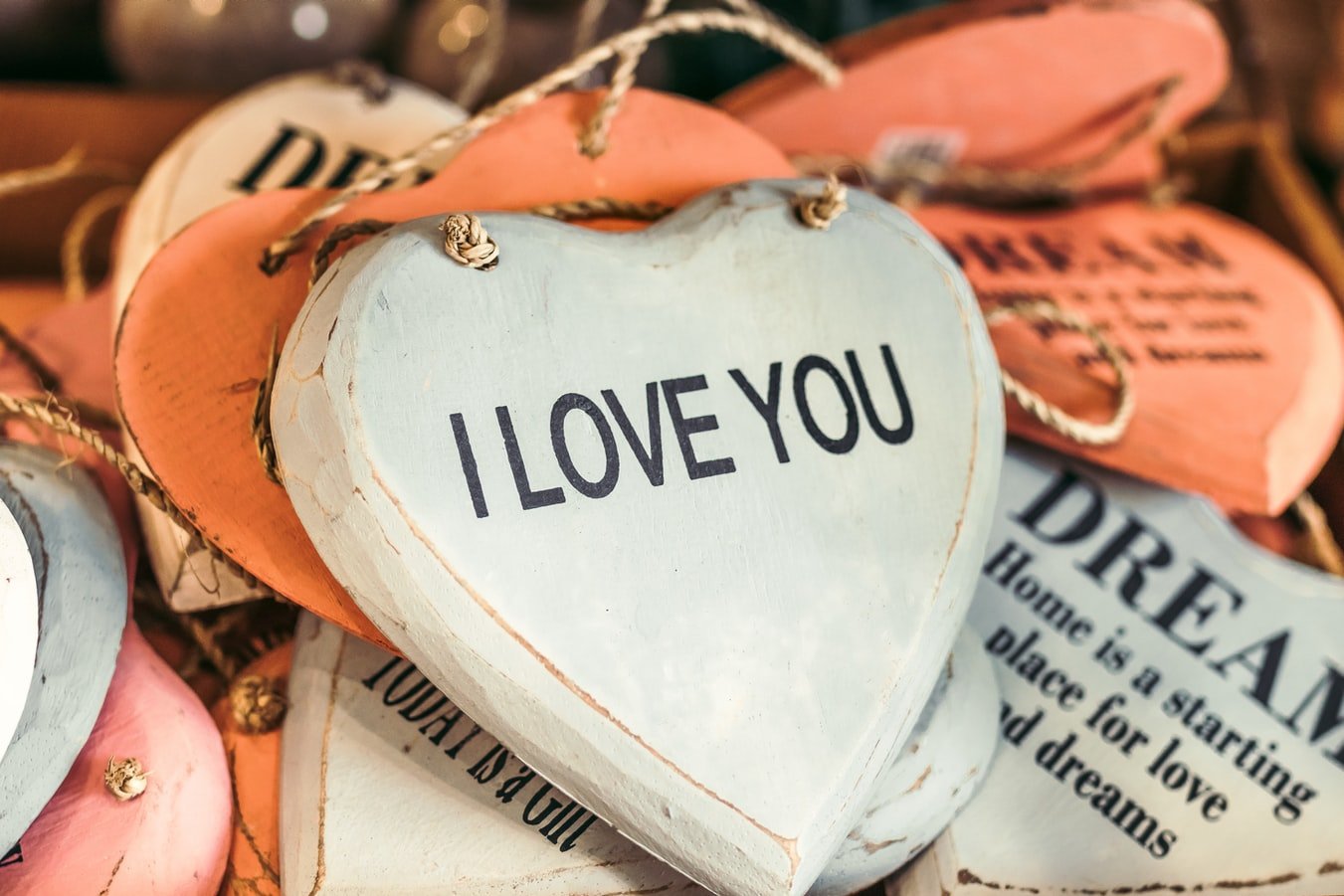
I love you | Source: Unsplash
FIRST, LOVE YOURSELF
Many of us, struggling with pain, low-self-esteem and depression might say "I love you" because we need to hear it said back to us. This, Dr. Dvornyk reveals, is part of our psychological make-up:
"We need to be recognized by a significant other, and the surest way to experience this is to learn about his affection, in particular through the words "I love you."
But do we really feel love for that person, unconditional acceptance for who and what they are? That is love. Acknowledging and cherishing the uniqueness of another human being, regardless of how they feel about us. If what we feel is a need to fill a hole in ourselves, that is not love.
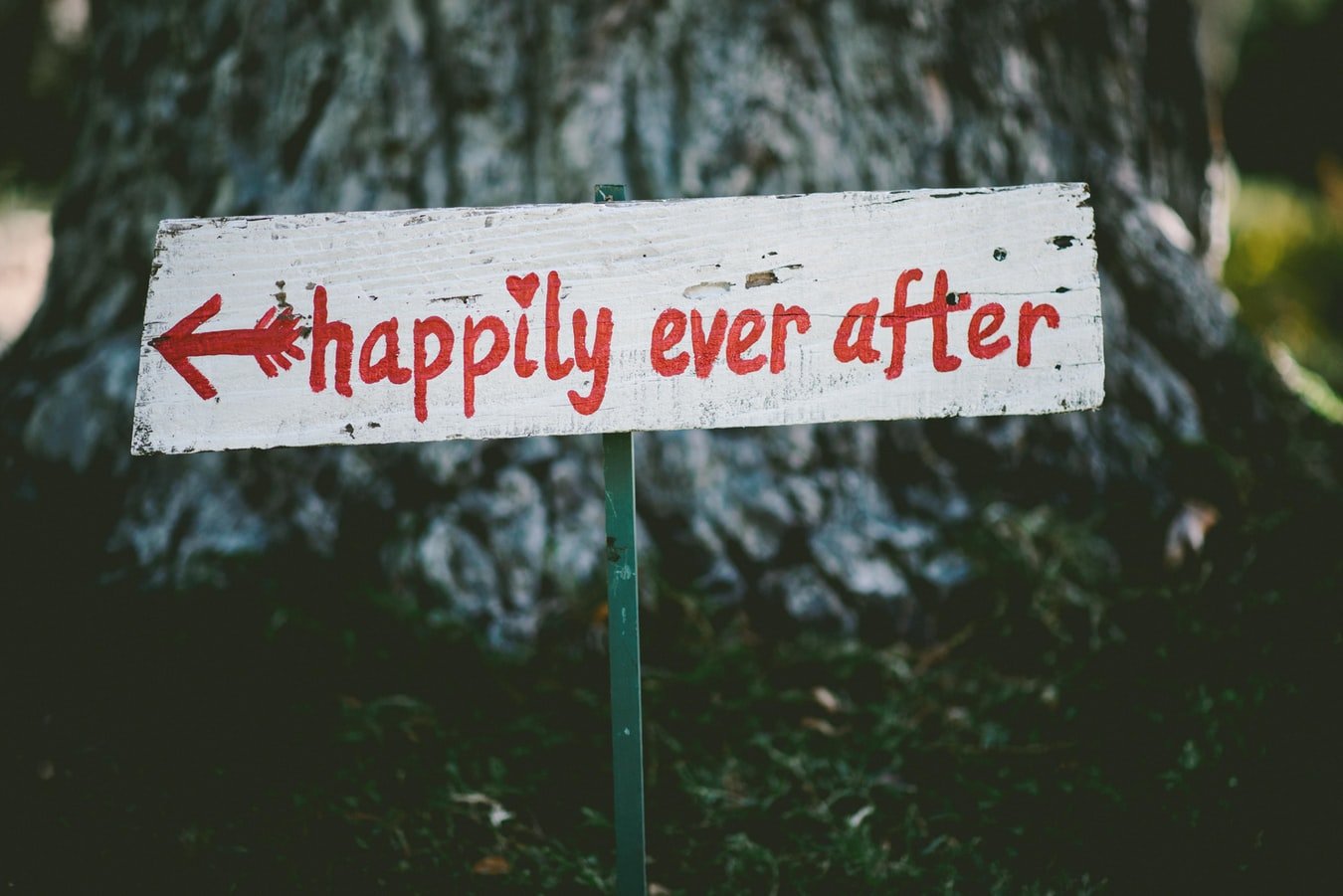
Happily ever after | Source: Unsplash
MEN AND WOMEN EXPRESS LOVE DIFFERENTLY
Before we can love anyone truly, we need to fill in those holes, accept and love ourselves. And that is how we learn to love others. But even when we do love ourselves, and are ready to have a committed relationship with a significant other, we can still make a mistake. Women in particular, Dr. Dvornyk explains, often open up first:
"A more feminine, sensual partner will strive to show their affection more quickly, and a rational, masculine partner will keep the defense longer."

Brand-new romace | Source: Unsplash
DAZZLED BY THE FIREWORKS
People are more likely to say "I love you" in those first heady, dizzy months of a new romance when the sparks are flying, and that chemistry is sizzling hot. It may feel like love, but it probably isn't. Physical attraction and infatuation are great deceivers, hence that old saying: "Marry in haste, repent at leisure."

Dazzled by the fireworks | Source: Unsplash
In the honeymoon phase of a relationship, we are much more likely to blurt out the "I love you," but also to overlook all those unpleasant reminders that we are not compatible, and even to close our eyes to those giant red flags. And some of those might be that our darling doesn't feel quite the same way.
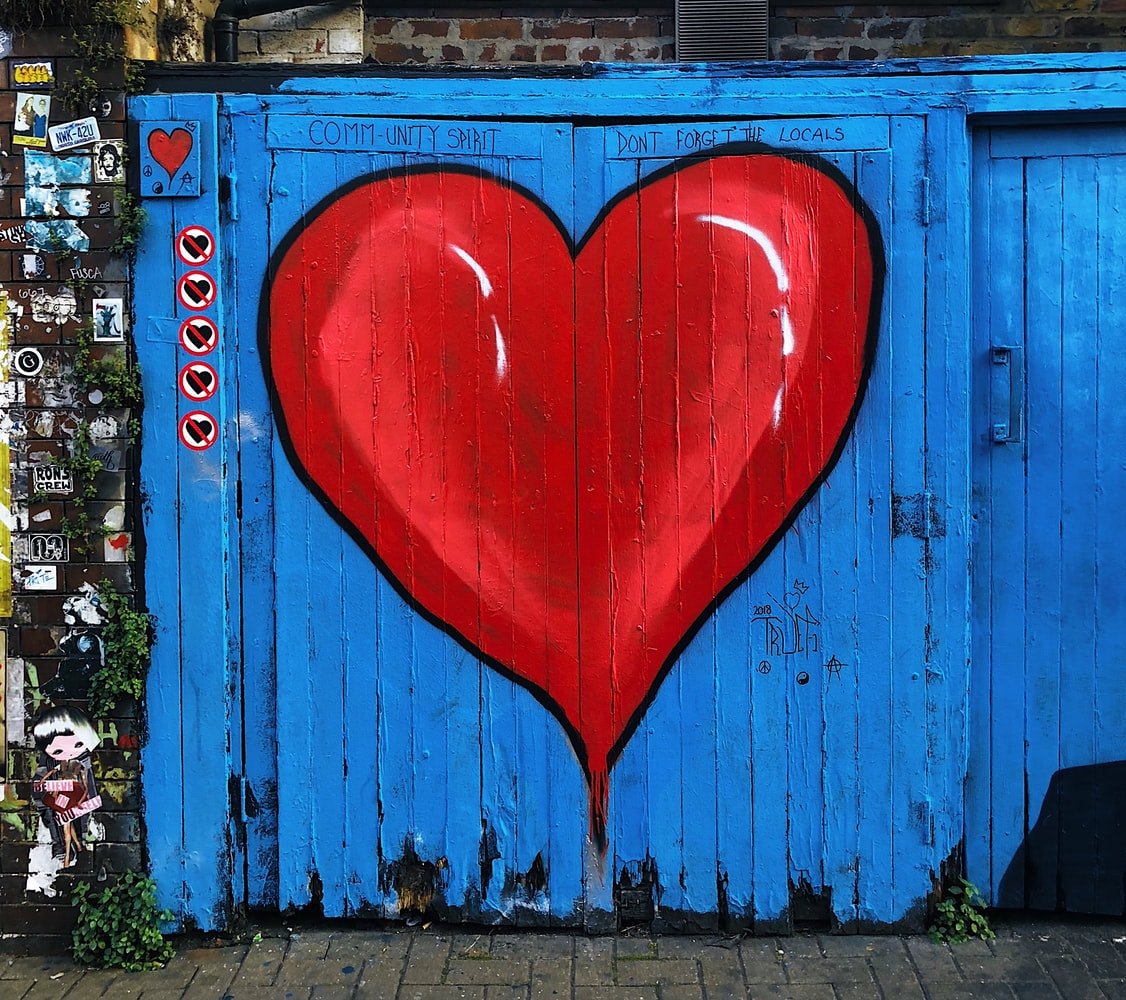
The door to the heart | Source: Unsplash
THE EXPECTATIONS
We all expect those magical words to immediately change our relationships, to take them up to the next level, to mean "forever," when sometimes all they mean (when your beloved says it back casually) is "I like you, I enjoy you, let's see where it goes." In German people say "Ich liebe dich” when they mean "I love you," but will often drop a casual "Ich liebe die Liebe."
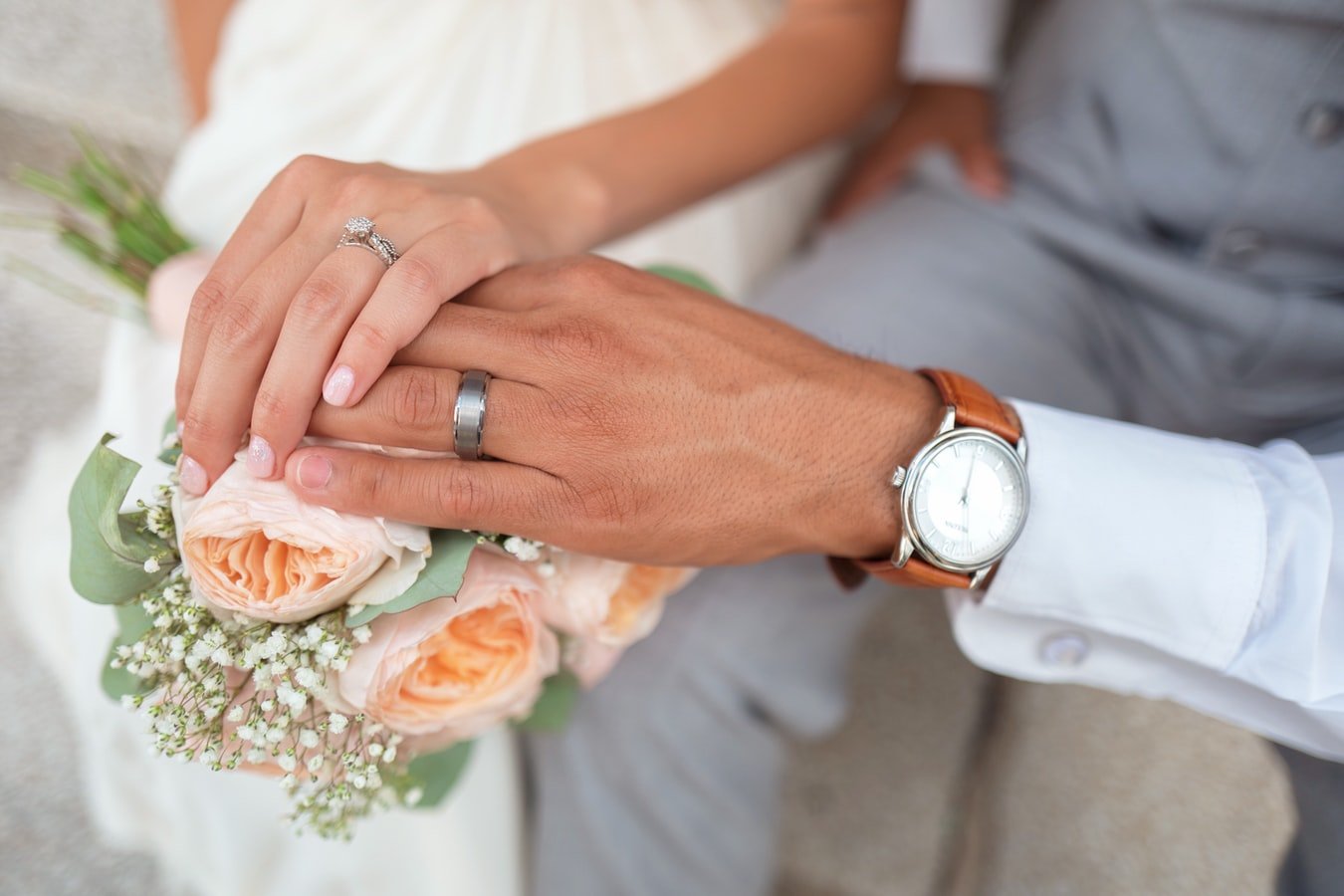
Love and marriage | Source: Unsplash
The "Ich liebe die Liebe" implies that the speaker is as much in love with love as with his or her current partner, and is a charming way to duck an "I love you" they are not ready to commit to. Simple words will not deepen intimacy, shared experience, and trust do. We have to put in the work if we want the perks. Dr. Dvornyk advises us to ask ourselves:
"Is it just an expression of feelings or an expectation of some kind of action from a partner? Expectations can greatly distort the real moment of interaction."
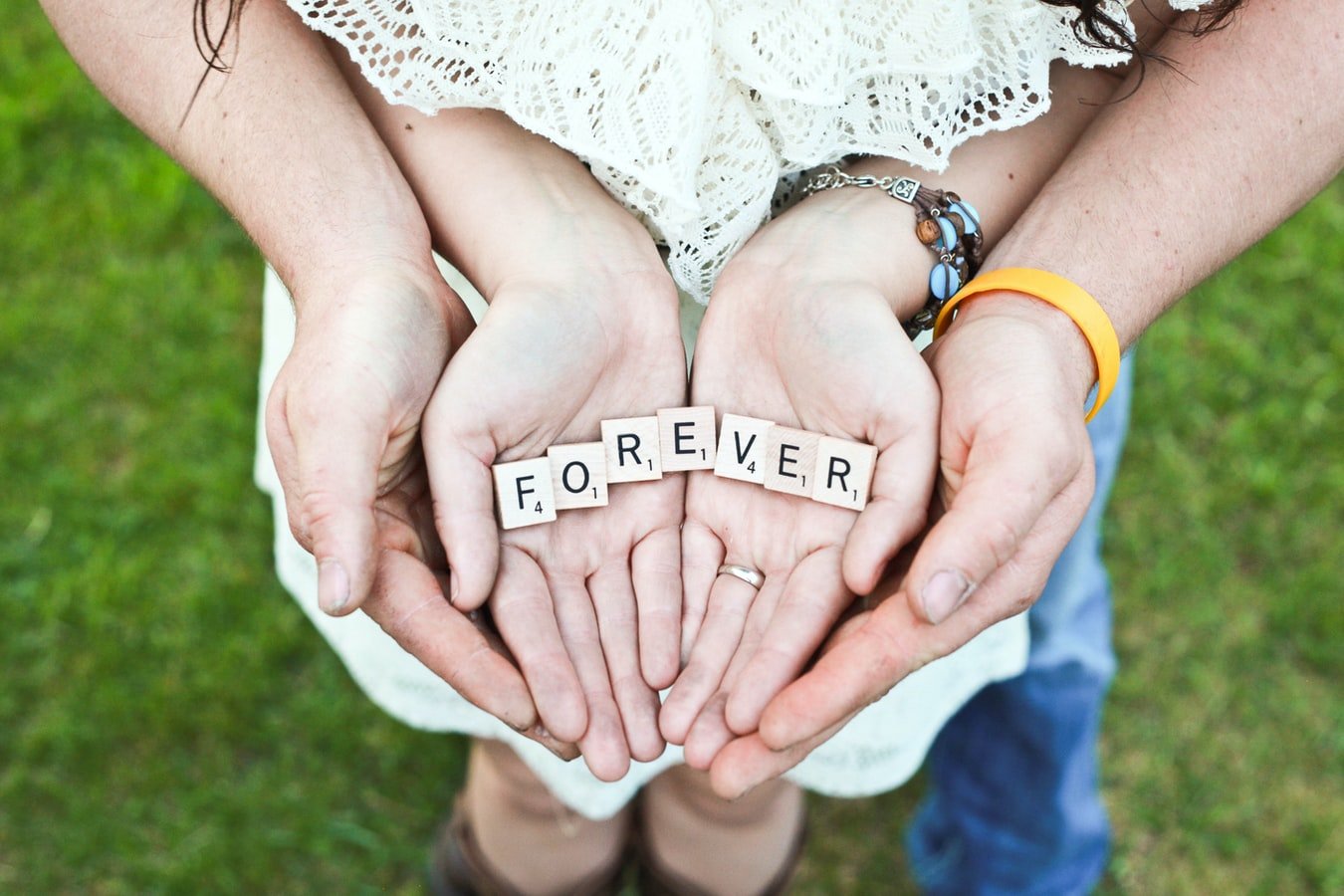
Love forever | Source: Unsplash
Dvornyk believes that there is a distinct difference between how men and women view the words "I love you." According to Dr. Dvornyk, the more masculine the personality, the less easy it is to express emotion, and the longer they will take to express them She explained:
"The more feminine the partner is (most often we are talking about women), the easier it is for him/her to be involved in the communication of affection - to show and name his/her feelings."
Masculine personalities will be more reluctant, or perhaps even incapable of using emotionally charged words to express their feelings, and some may even see those "I love yous" as attempts at emotional blackmail or manipulation.

Pulling away | Source: Unsplash
WHAT DOES IT REALLY MEAN
Few moments can be as crushing to the ego as joyfully declaring our love and having that romantic moment fall flat when our beloved doesn't answer, or even worse, rebuffs us, then cuts and runs. This is why Dr. Dvornyk advise us to make sure, as far as it's possible, that the person we are declaring ourselves to feels the same way, and understands the feelings we are expressing:
"Find out the experience of the previous relationship of the partner. What meaning does he/she put into this phrase? Does it seem manipulative or super-significant to him/her?"
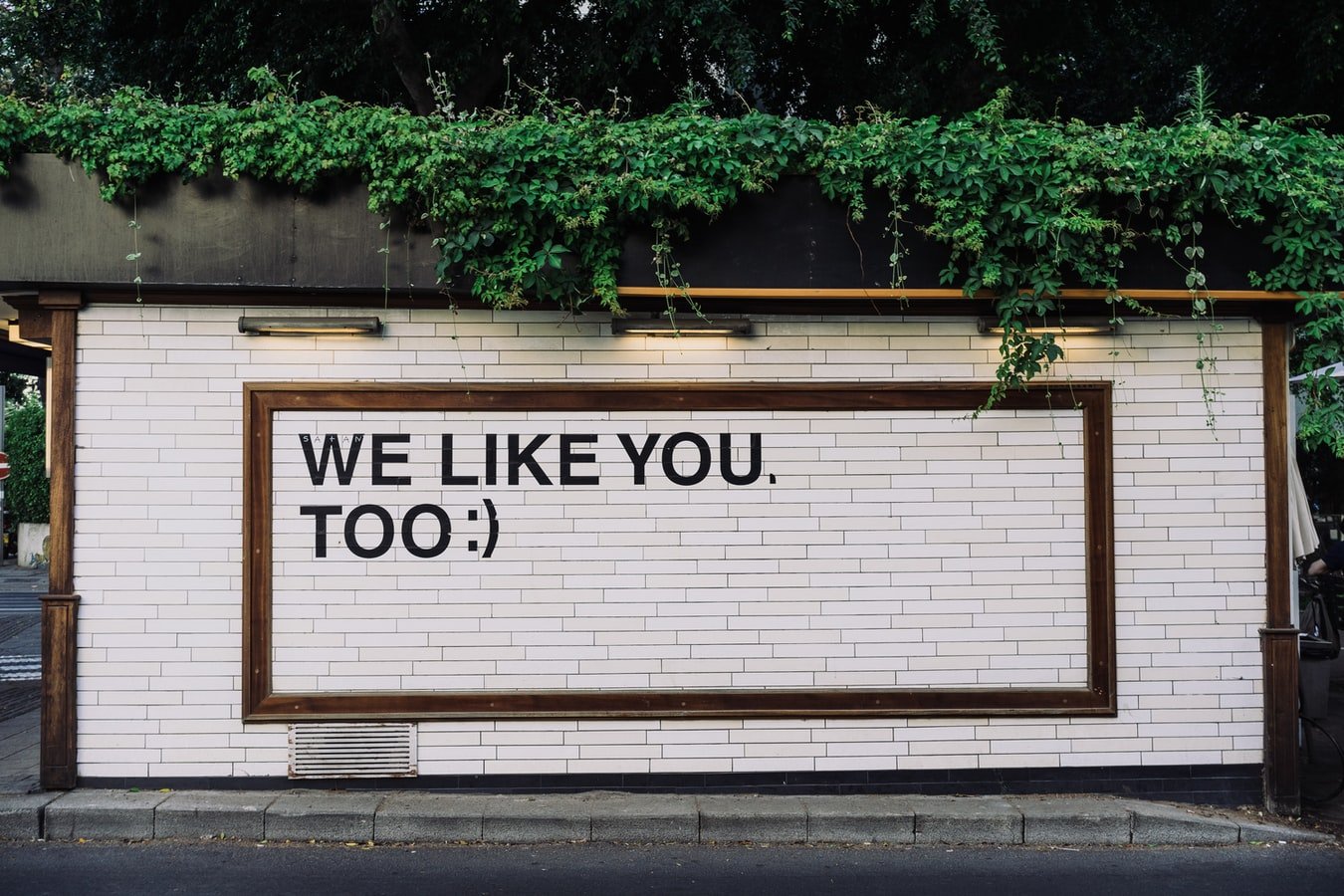
We like you too | Source: Unsplash
"I LOVE YOU, BUT..."
"I love you too, but" must surely be the most devastating words we can hear from someone we are in love with. It is a classic "Get Out of Jail" card, which allows the object of our affection to extricate themselves from the awkward, and embarrassing situation we've put them in. No, they do not love us "too," and they are definitely not ready to take what they probably thought was a fun and short-term relationship to the next level -- or any level. Dr. Dvornyk advises:
"Be prepared for the fact that the partner does not respond in kind. Give him/her the opportunity to postpone, or show his/her affection in a different form."
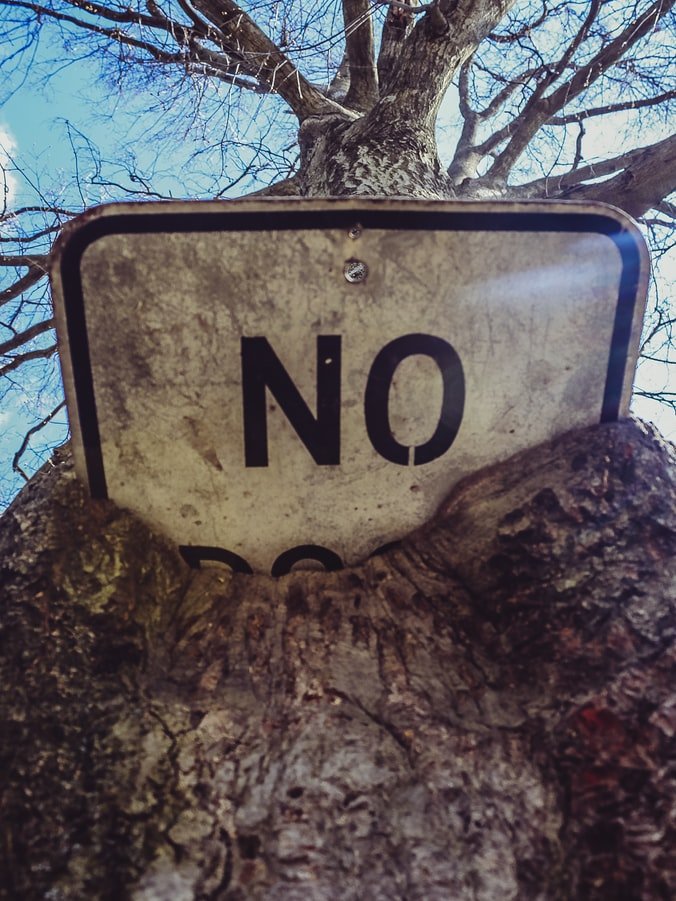
Rejection | Source: Unsplash
DON'T JUMP THE GUN
No matter how passionately in love we might be, we should wait. If our partner has shown no signs of commitment, spoken about a long term future, or involved us in his life beyond strictly one-on-one dates, wait. Walk, don't run, and preferably they should say it first.
Real love -- the reciprocal, mature, lasting kind -- is definitely waiting for, so let's stop wasting our time and our hearts on people who don't want commitment, and definitely don't deserve the love we have to give. Expect more, and we get more.
